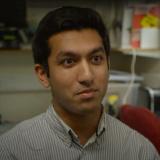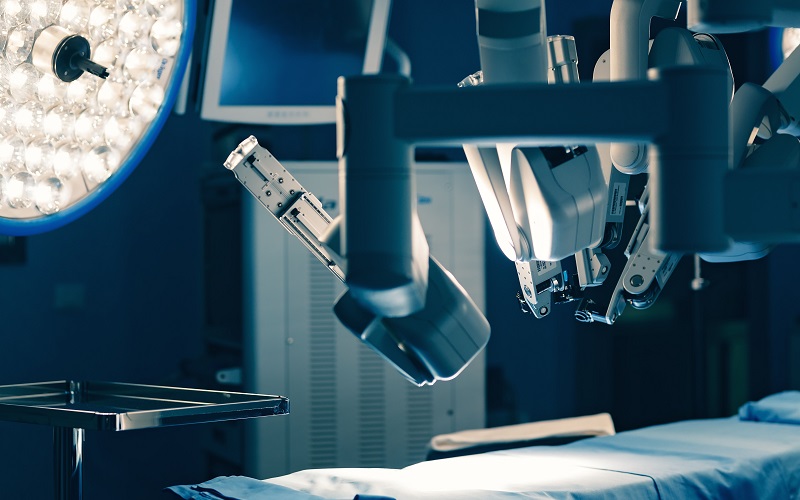Rehabilitation Engineering and Assistive Technologies MSc
London, Stanmore
Study mode
Full-time
UK tuition fees (2024/25)
£17,300
Overseas tuition fees (2024/25)
£34,400
Duration
1 calendar year
Programme starts
September 2024
Applications accepted
Applicants who require a visa:
16 Oct 2023 –
05 Apr 2024
Applications closed
Applicants who do not require a visa:
16 Oct 2023 –
30 Aug 2024
Applications close at 5pm UK time
Applications open
Visit us
Online - Open day
Graduate Open Events: Burns, Plastic and Reconstructive Surgery MSc
This online session provides you with an overview of our MSc Burns, Plastic and Reconstructive Surgery programme. The programme overview is followed by a Q&A session with our programme leads. Speaker: Prof Deepak Kalaskar, Programme Lead and Deputy Director MSc Burns Plastic and Reconstructive Surgery.
UCL is regulated by the Office for Students.



